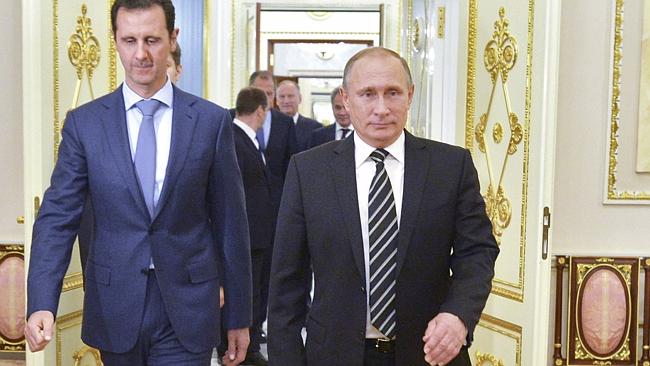NATO finds itself in a political tinder box. In late November, for the first time in fifty years, an Allied country shot down a Russian fighter jet, setting off a spate of accusations and sanctions between Turkey and Russia. Russia’s President Putin was quick to implement retaliatory economic sanctions and to publically accuse Turkey of Read More…
Author: Caitlin Vito
Caitlin Vito currently works at the International Institute for Strategic Studies (IISS) in their London office. She has considerable experience in international organisations, previously working at NATO in the Political Affairs and Security Policy Division, where she supported NATO’s external liaison efforts, as well as at the United Nations High Commissioner for Refugees (UNHCR) Liaison Office in Vienna. Former assignments have also included work at the Centre for Security Governance think tank. Caitlin Vito is a graduate of the Erasmus Mundus Global Studies Masters Programme, studying at the University of Vienna, University of Leipzig and the Institute for Peace and Security Studies in Addis Ababa, Ethiopia. A dual Canadian/Italian citizen, she also holds a Bachelor’s degree in European Studies from the University of Guelph.
A False Dichotomy: The Choice Between Protecting NATO’s Eastern and Southern Flanks
Russia’s intervention in Syria and engagement with Western leaders following the Paris attacks marks a new level of convergence in the threats faced by NATO, Caitlin Vito writes.


